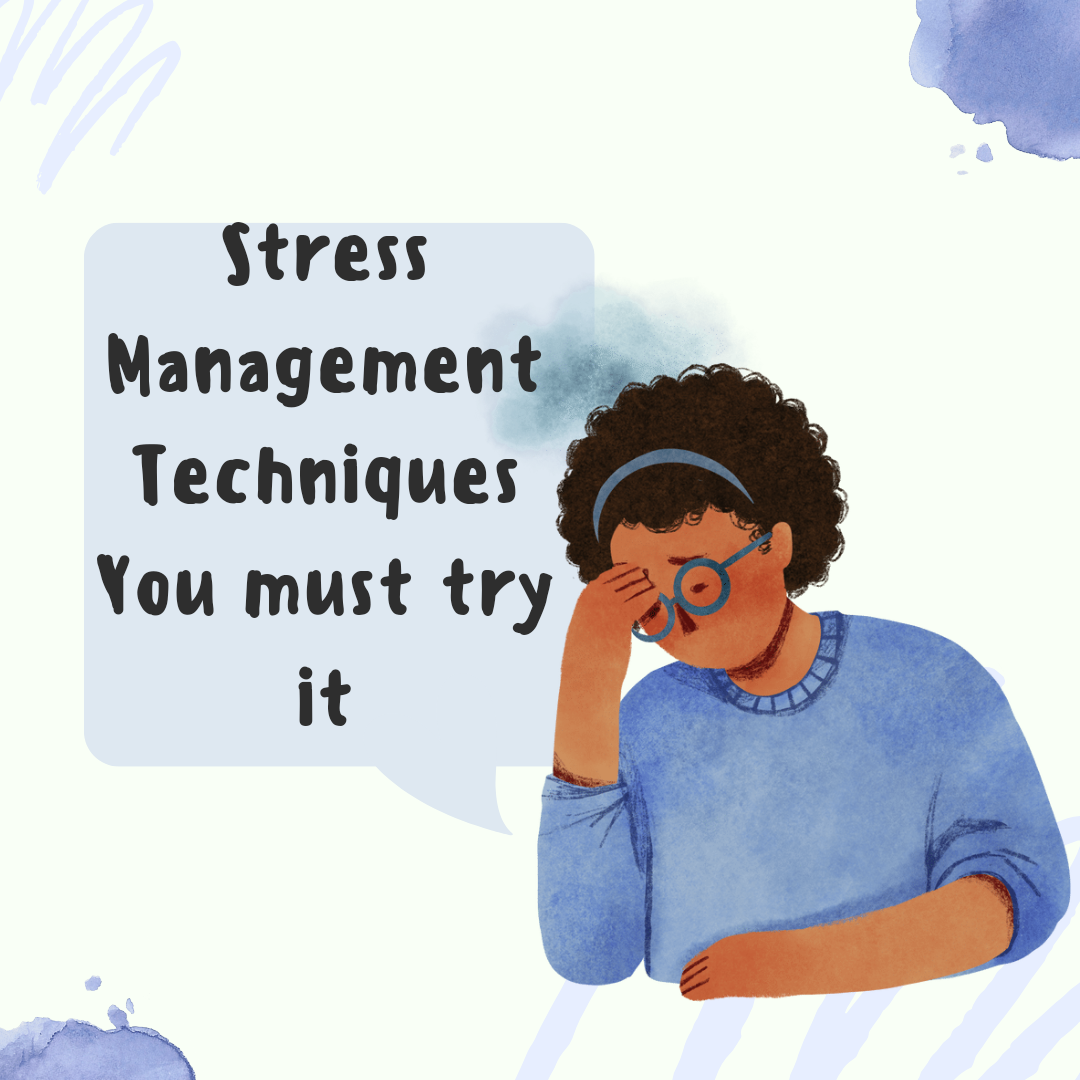Introduction
Stress is an inevitable part of life, but managing it effectively can improve your overall health and happiness. This article explores practical and proven techniques to help you combat stress and maintain emotional well-being in 2024.
1. Understanding Stress
Stress is the body’s response to challenges or demands, manifesting as:
- Physical symptoms: Headaches, fatigue, muscle tension.
- Emotional symptoms: Irritability, anxiety, depression.
2. The Impact of Chronic Stress
Prolonged stress can lead to:
- Cardiovascular issues, like high blood pressure.
- Mental health conditions, such as anxiety or depression.
- Weakened immunity, making you prone to illnesses.
Internal Link: Learn more about Mental Health Tips for Positivity.
3. Top Stress Management Techniques

a. Deep Breathing Exercises
- Activate the parasympathetic nervous system to calm the body.
- Practice diaphragmatic breathing for instant relaxation.
b. Mindfulness and Meditation
- Benefits: Improves focus and reduces negative thoughts.
- Apps like Headspace and Calm can guide your practice.
Outbound Link: Explore mindfulness practices at Mindful.
c. Physical Activity
- Exercise releases endorphins, the body’s natural stress relievers.
- Activities like yoga, walking, or cycling are effective.
Internal Link: Check out Exercise for Long-Term Wellness.
d. Journaling
- Write down thoughts and feelings to process emotions better.
- Gratitude journaling helps shift focus to positive experiences.
e. Time Management
- Prioritize tasks to avoid feeling overwhelmed.
- Use tools like calendars and to-do lists for better organization.
4. The Role of Nutrition in Stress Management
A balanced diet can alleviate stress by:
- Stabilizing blood sugar levels.
- Providing essential nutrients like magnesium and omega-3s.
- Avoiding stimulants like caffeine and processed sugar.
Internal Link: Discover Best Diets for Nutrition.
5. Social Connections and Support Systems
- Talking to friends or family provides emotional relief.
- Join support groups or engage in community activities.
6. Relaxation Techniques
a. Progressive Muscle Relaxation (PMR)
- Tense and release each muscle group to relieve physical stress.
b. Aromatherapy
- Scents like lavender and chamomile promote relaxation.
7. Digital Detox
- Limit screen time to reduce mental fatigue.
- Designate no-phone zones or hours in your day.
Outbound Link: Learn how to take a Digital Detox.
8. Setting Healthy Boundaries
- Learn to say no to prevent overcommitting.
- Set clear limits on work and personal obligations.
9. Building Resilience
Develop a resilient mindset by:
- Adopting a growth perspective.
- Learning from setbacks to build mental toughness.
10. When to Seek Professional Help
If stress becomes overwhelming, consult a mental health professional for therapies like:
- Cognitive Behavioral Therapy (CBT).
- Stress-focused counseling or support groups.
Outbound Link: Find mental health resources at NAMI.
Conclusion
Stress is unavoidable, but with the right techniques, you can minimize its impact on your life. Incorporate deep breathing, mindfulness, exercise, and healthy habits into your routine for a calmer, more balanced lifestyle.
FAQs
- What is the fastest way to reduce stress?
Deep breathing or short walks can provide instant relief. - Can exercise help with stress?
Yes, regular physical activity reduces stress hormones and improves mood. - How does journaling relieve stress?
Writing down thoughts helps organize emotions and provides clarity. - Is stress always harmful?
Not necessarily; moderate stress can motivate you, but chronic stress is harmful. - What foods reduce stress?
Foods rich in magnesium, omega-3s, and antioxidants help combat stress.
